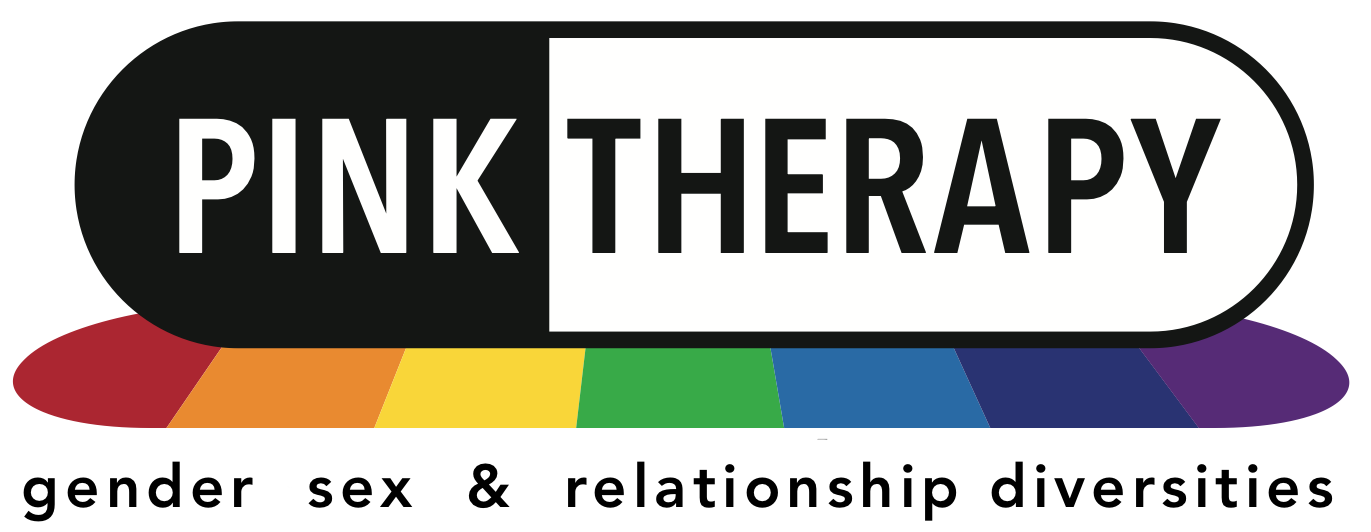
This blog is going to be a rant. It’s based on my observations over the last couple of decades as our sterling third sector organisations (they were called ‘Vol Orgs’ back then) have faced more and more hurdles to survive. The Chief Executives spend the majority of their time writing funding applications late into the night and over the weekends, chasing smaller and smaller grants. That’s less time on strategic planning of service development and even less time supporting the development of their staff and volunteers. It’s all become about chasing the elusive pot of gold at the end of the rainbow.
I was talking with a colleague over the weekend whose community mental health project is looking likely to be losing its funding. The project has been around for decades and is well-established and highly respected. But the process of Clinical Care Commissioning has decided in its infinite wisdom to award funding to a new project based on the medical model. Essentially the privatisation of mental health services – diverting money away from the vital third sector which has worked over the years to build solid relationships with their local community.
I’ve seen this happen time and time again – the most significant examples have been in HIV services in London where well-established organisations like PACE and GMFA lost their funding because capricious HIV Commissioners decided to try innovative (untested) new ways to reach out to at-risk communities. Thriving groupwork programmes at both charities were cut to train volunteer peer health educators to go into gay male social spaces (pubs and clubs) and try to engage them in conversations about their sexual practices and prevention strategies.
Over recent years, the NHS has gone through so many restructures that it’s hard to keep up with the changes. Funding became devolved from one source to another. Projects often need to apply for grants to their Local Councils and the Clinical Care Commissioning Groups and various charitable trusts. Each award comes with its criteria for auditing and monitoring of the relatively arbitrary and frequently unachievable targets that are set. This means that staff have to spend a great deal of time working on the quarterly reports to demonstrate how they’ve met (or otherwise) the targets. I am not arguing against auditing and monitoring of how taxpayers money is spent. Of course, this is necessary. It’s just that it can be so bureaucratic and laborious that it diverts skilled workers away from actually doing the work and creates another layer of paid bureaucrats doing the monitoring!
When the new project fails to meet the targets, funding is withdrawn. By the time this happens the previously well-established group has folded, or staff have moved on, and so our communities are left without the vital work, which had been identified and recognised, undone. Projects are often unable to speak publicly about their funders due to confidentiality clauses, and the threat of having their funding withdrawn makes them as compliant as the man whose dominatrix has a hand firmly gripping their balls.
One of the principal reasons I’ve never applied for external funding is because of the strings attached make one a puppet which dances for many masters. Chasing an ever decreasing pot of gold, competing against well-established services – and ruthlessly undercutting them. I just didn’t have the stomach for it.
We need to speak out and support our third sector organisations and the innovative work they do and challenge cuts to services.
Please support the work of the LGBT Consortium http://www.lgbtconsortium.org.uk/
Dominic Davies
CEO – Pink Therapy
16 October 2017
